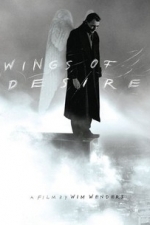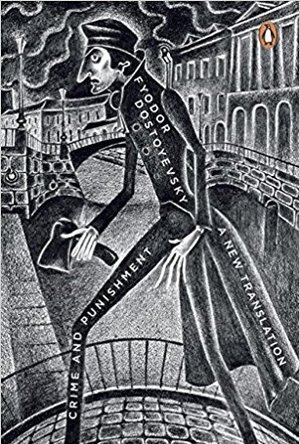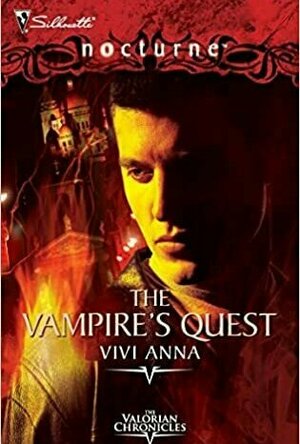Rutger Hauer recommended Wings of Desire (1987) in Movies (curated)
Gwyneth Paltrow recommended Crime and Punishment in Books (curated)
AJaneClark (3975 KP) rated The Vampire's Quest in Books
Oct 27, 2020
Not reading the previous stories in the Valorian Chronicles, I was not familiar with the characters but this did not effect the enjoyment of book.
If you like fantasy and mass market paperback romance, you will certainly enjoy this. Be aware that the adult scenes are not your standard "cute" romance.

Can't Take My Eyes Off You
Book
One of the world's most popular authors is set to dazzle readers yet again. Can't Take My Eyes Off...
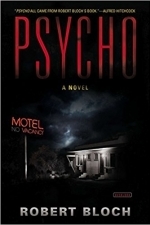
Psycho
Book Watch
A young woman named Mary Crane arrives one night at the Bates Motel along an unused highway using...
Bates Bates Motel Norman Bates Crane Horror Psycho

Legacy of Ashes: The History of the CIA
Book
All-powerful, brilliant, decisive, ruthlessly effective ... this is the image of the CIA as...
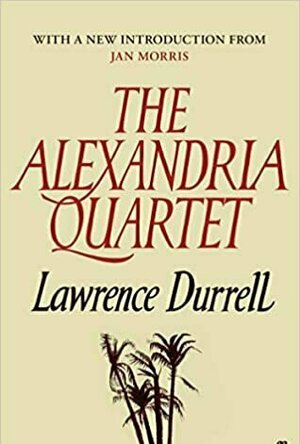
The Alexandria Quartet
Book
Alexandria: the great winepress of love. Trams, palm trees, and watermelon stalls lie honey-bathed...
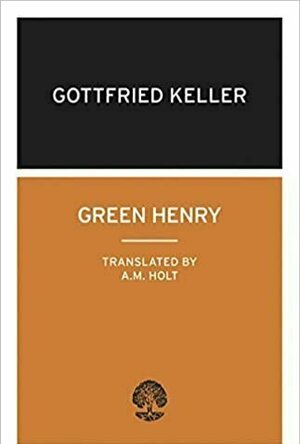
Green Henry
Book
The story of young Henry, who struggles to fulfil his ambitions to become a successful painter and...

The Assistant
Book
Dressed in his cheap, battered suit, Joseph Marti arrives at the impressive villa of Karl Tobler, an...
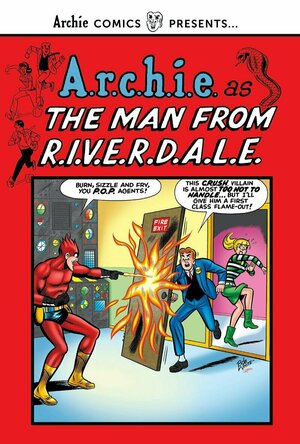
Archie Comics Presents: The Man from R.I.V.E.R.D.A.L.E.
Book
THE MAN FROM R.I.V.E.R.D.A.L.E. is the first of a chronological collection of titles featuring the...
